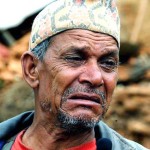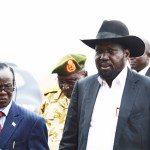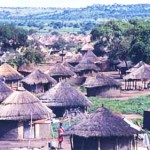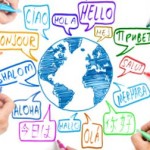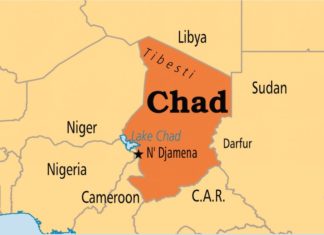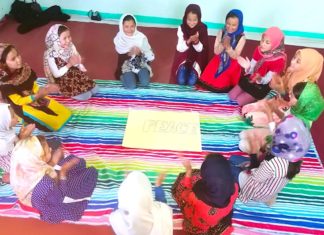What Has South-South Cooperation Achieved So Far?
Recent statistics do show that south-south cooperation has reeved up, but there is still a long way to go. Statistics also show that the 29 member countries of the OECD’s development assistance committee account for 90% of global development aid and have decades of experience behind them; and south-south cooperation is certainly not going to replace these figures soon. For many, south-south cooperation is an ideological boost rather than something concrete in practice.
Arts for Social Change? Creative Projects Empowering Women and Youth
By Federica Busiello
When looking for empowerment projects, in a development context, we may think of livelihoods projects, vocational training and income generation activities, or projects that aim to improve access to or quality of education; or at least I used to. I have more recently come across initiatives that use arts for social change: projects that use a creative process to inspire those who participate to empower themselves.
Hit the Hardest: the Children Orphaned by Ebola
By Debora Di Dio
Although the number of Ebola infections is slowing down, the crisis has created urgent needs in child protection, education, health and livelihoods across West Africa. In small rural villages, the children orphaned by Ebola remain vulnerable to stigmatization, hunger, malnutrition, and in some cases violence.
Nepal’s Earthquake Aftermath: Now How to Prevent a Social Disaster?
International solidarity and support in the wake of Nepal’s earthquake has been very quick and unique so far. Many countries dispatched their rescue teams and relief materials within 24 hours.
However, Nepal will need a wisely coordinated long-term assistance to recover and rebuild.
Somalia Vision 2016: A Long Way To Go
By Abdiwahab Ali
For the first time now there is an internationally recognized federal government in Somalia. Though Somalis disagree about whether federalism is a recipe for sustainable peace and even question whether such a system is little more than paper work.
Conflict in South Sudan: Can Area Boy Diplomacy Help?
By Joel Obengo
Despite multiple cease fire attempts and ongoing peace negotiations, violence continues to consume much of South Sudan. Insecurity throughout the country has disrupted agricultural activities and exacerbated food insecurity, bringing South Sudan to the brink of famine and a humanitarian crisis.
Persons with Albinism (PWA): Ghosts of Tanzania
By Melanie Andrews
75 Persons with Albinism (PWA) have been killed in Tanzania since 2000, according to UN estimations. UN officials have spoken about their fears that attacks will rise with the upcoming Tanzanian presidential election since politicians seek good luck from witch doctors.
Refugees in Uganda: A Burden or An Asset to the Host?
By Irungu Peter
A report published by a research team at the University of Oxford shows that refugees can have a positive economic impact on host countries. The report was based on a research by the Humanitarian Innovation Project at the University of Oxford.
Translators Without Borders: When Linguistics Saves Lives
By Mike Levin
As of 2015, Translators Without Borders (TWB) is translating 800,000 words a month for 160 humanitarian organizations. Except for a small paid team in Nairobi, all work is done by volunteers. The demand is growing fast, which makes one wonder why it took so long for a global translation NGO to arrive.
Drone Use Soars in Latin America
By Diego Cupolo
From aerial surveillance to threedimensional geographic modeling of rugged terrains and even speedy pizza delivery service, manufacturers have begun to promote the infinite capabilities of domestic drones. At the same time, they are specifically targeting developing markets in Latin America for the martial use of drones in law enforcement and military operations.





